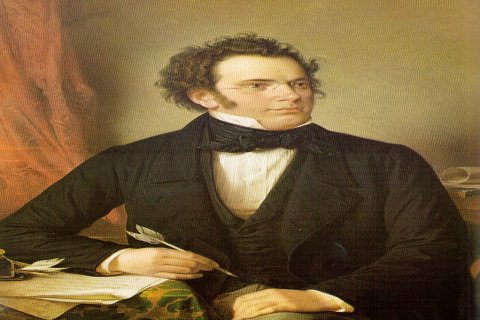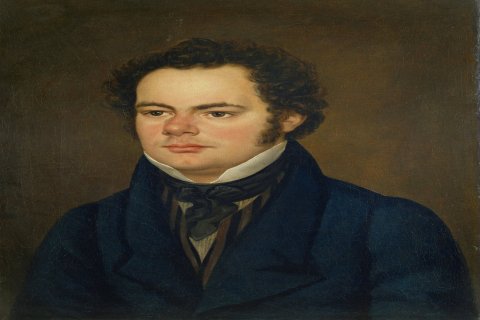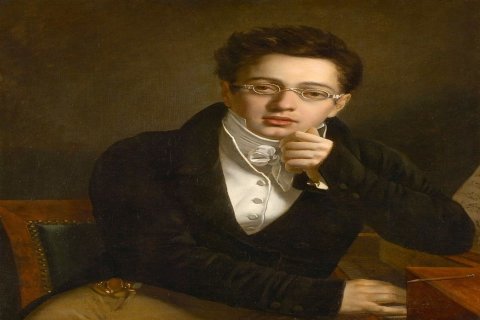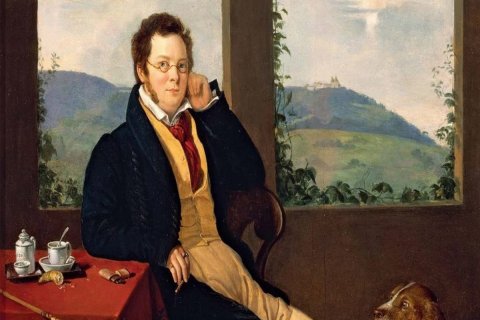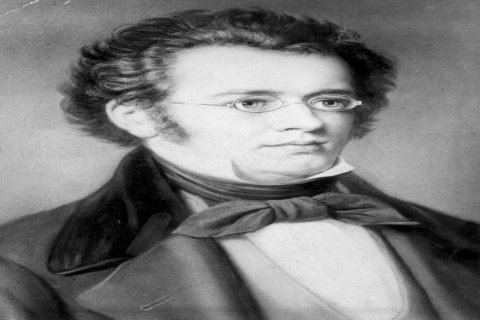Franz Schubert
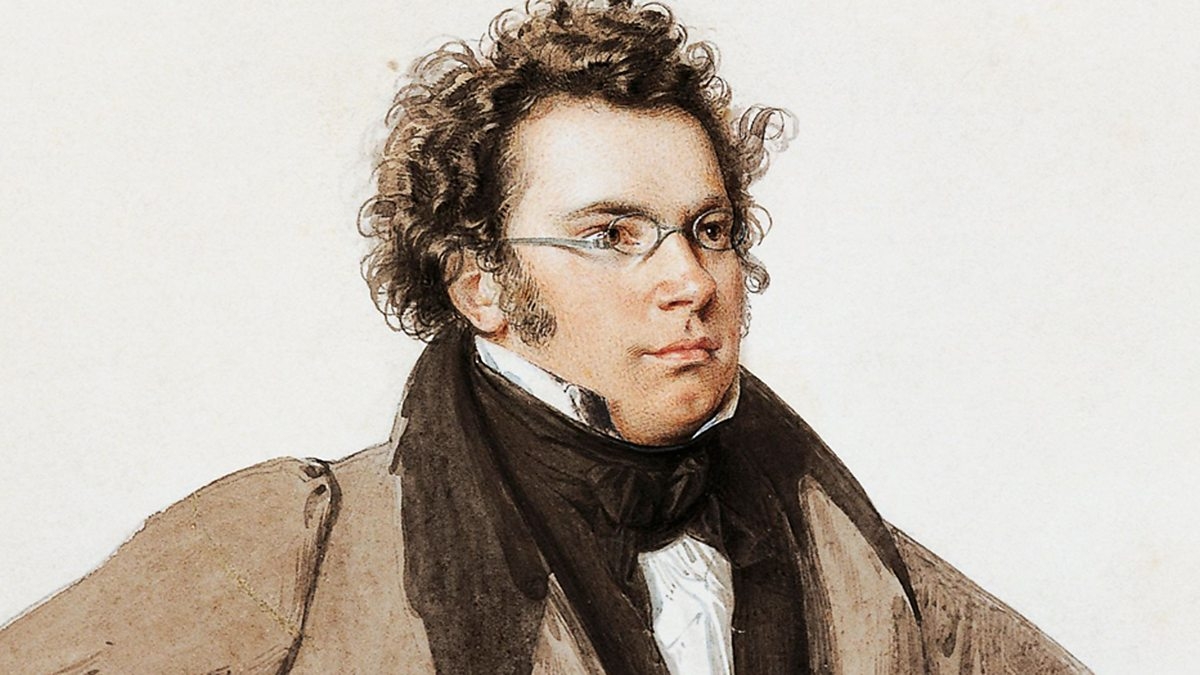
Franz Schubert: A Musical Genius of the Romantic Era
Introduction: Franz Schubert, a name synonymous with musical brilliance and the epitome of Romanticism, left an indelible mark on the world of classical music. Born in Vienna, Austria, on January 31, 1797, Schubert's brief life was a whirlwind of creativity, producing an extensive catalog of works that continue to captivate audiences to this day. This article delves into the life, music, and enduring legacy of Franz Schubert, shedding light on his contributions to the world of music.
Early Life and Musical Education: Franz Schubert's musical talent manifested at an early age. At the tender age of five, he began taking violin lessons, and by the age of eleven, he had joined the choir at the Imperial Chapel in Vienna. Schubert's passion for music and his exceptional abilities caught the attention of his teachers, who recognized his immense potential. In 1808, he enrolled at the prestigious Stadtkonvikt, a school renowned for its rigorous musical education. There, he studied composition, harmony, and counterpoint, laying the foundation for his future career as a composer.
Musical Career and Collaborations: Schubert's musical career blossomed during his time at the Stadtkonvikt. In 1813, he composed his first symphony, a testament to his precocious talent. He went on to write a series of masterpieces, including the "Unfinished Symphony," the "Trout Quintet," and the "Winterreise" song cycle. Schubert's music was characterized by its melodic beauty, harmonic richness, and emotional depth, capturing the essence of the Romantic era.
One of Schubert's notable collaborations was with the poet Johann Mayrhofer. Together, they created a series of lieder, or art songs, that elevated the genre to new heights. Schubert's ability to set poetry to music with such sensitivity and expressiveness earned him recognition as one of the greatest lieder composers of all time.
Legacy and Influence: Franz Schubert's untimely death at the age of 31 cut short a career that was already flourishing. Despite his brief life, he left behind an extraordinary body of work that continues to inspire and move audiences worldwide. Schubert's music had a profound impact on the development of Romanticism in music, paving the way for the works of Robert Schumann, Johannes Brahms, and other Romantic composers.
Schubert's influence is evident in the works of later composers who drew inspiration from his music. His emphasis on melody, harmony, and emotional expression left a lasting legacy in the world of classical music. Schubert's music continues to be performed and recorded, and his compositions remain an integral part of the classical music repertoire.
Conclusion: Franz Schubert's life and music embody the spirit of the Romantic era. His exceptional talent and unwavering dedication to his craft resulted in a vast collection of works that have enriched the world of music. Schubert's music, characterized by its melodic beauty, emotional depth, and harmonic complexity, has stood the test of time and continues to resonate with audiences of all generations. As a true musical genius, Franz Schubert's legacy lives on, inspiring and captivating listeners with his timeless compositions.

